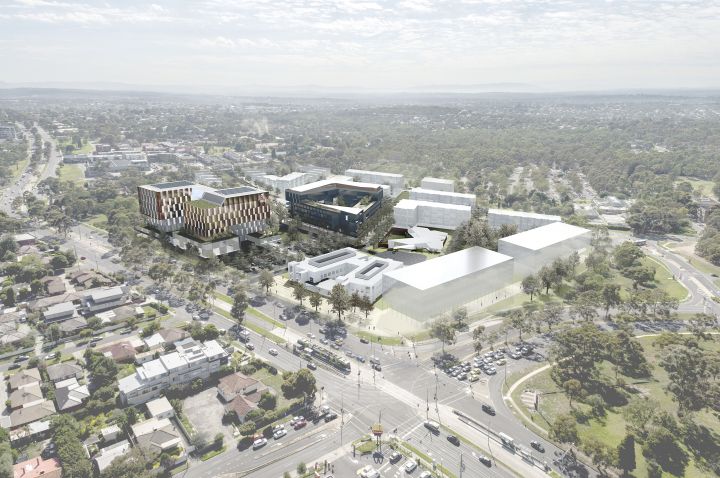13
Sep 2019
Health Partnership with Medibank
Published in General on September 13, 2019

La Trobe University and Medibank recently announced a new partnership that is focused on providing assistance to future health care professionals, conducting research to improve the health and well-being of Australians, and helping La Trobe materialize it’s University of the Future.
The following are what the partnership aims to achieve:
1. Local and international students will receive more rigorous training and better work opportunities after graduation;
2. The overall health of both local and international student communities of the University will be given more attention;
3. There will be more funding assistance with regard to the research work on health and wellbeing;
4. Health and wellbeing hubs will be constructed inside the University and its neighboring communities; and
5. Digital health services will be made available to more individuals in order to support the growth of the region.
David Koczkar, the Chief Customer Officer of Medibank said that the company will provide complete health and wellbeing services that are both digital and physical.
“Medibank and La Trobe University have a shared focus on health and wellbeing which will help to bring La Trobe’s University City of the Future to life. Medibank’s 1,300 clinical and health professionals and our extensive wellbeing partnerships will create a healthier, more connected northern Melbourne community,” Mr Koczkar said.
“Having already invested in medical research through our Medibank Better Health Foundation, this partnership with La Trobe gives Medibank the opportunity to target our support of innovative research and ensure all Australians can benefit from it.”
“As well as supporting La Trobe’s employees and students with our leading health insurance offering, we will also support student development through placements, internships and ongoing learning opportunities.”
Professor John Dewar, the Vice Chancellor of La Trobe said that the partnership will cover participation in the hub for health and wellbeing, as well as precinct for research and innovation at La Trobe’s Melbourne campus in Bundoora.
“The northern Melbourne municipalities of Darebin, Banyule and Whittlesea are rapidly growing and the population is ageing. With these growth challenges comes the need to provide a greater range of health services,” Professor Dewar said.
“La Trobe wants to be a part of the solution and is partnering with Medibank to address this emerging health challenge. The hub will build on La Trobe’s world-class reputation in allied health teaching, learning and research, and revolutionise the provision of local health services.
“We are also delighted that our students will benefit from this partnership – and be a part of this commitment to deliver better community health outcomes.”
University of the Future
In the next 10 years, La Trobe University is expected to develop into a world-renowned University City of the Future at our Melbourne campus in Bundoora that has a whopping size of 235 hectares. We envision that it will become a campus to study, work, meet new people, and be healthy.
This top-of-the-line university will be worth $5 billion and will generate more than 20,000 new job opportunities, learning facilities for 40,000 students, and additional lodging for 12,000 private residents, learners, and school staff.









